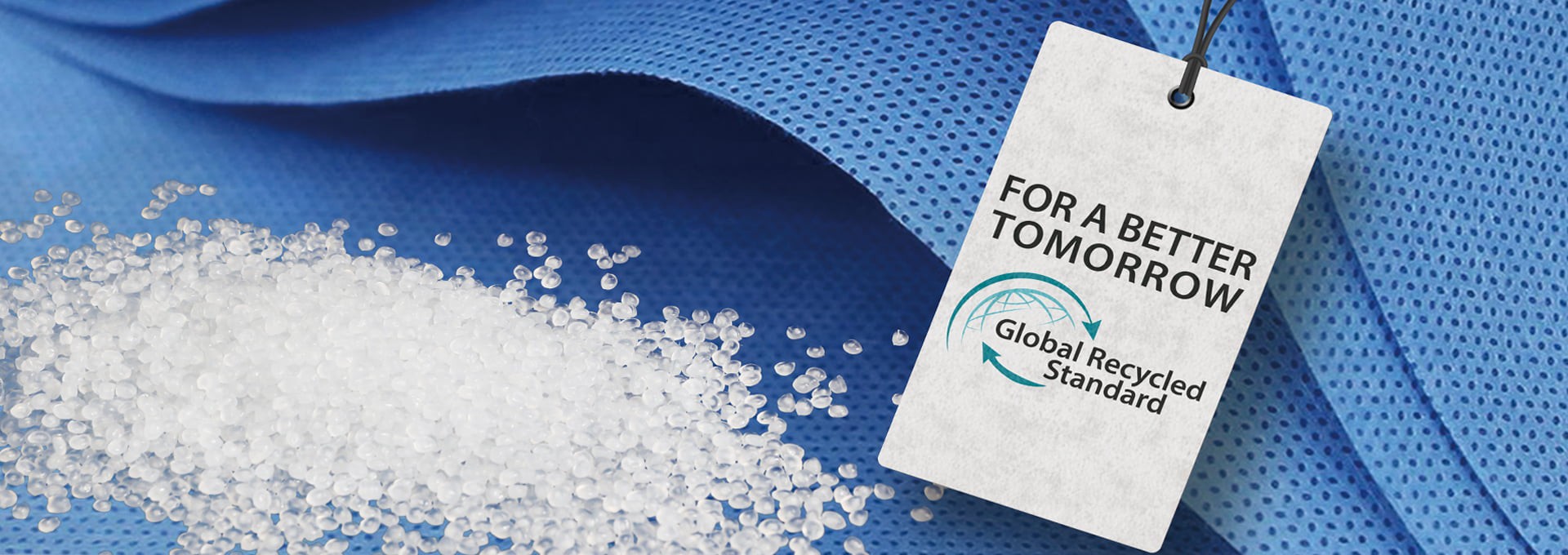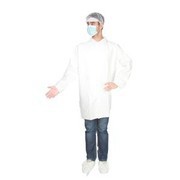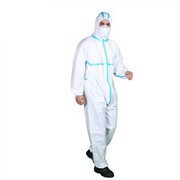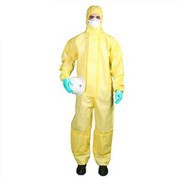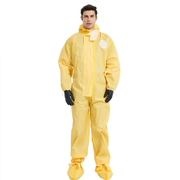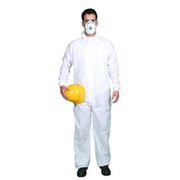What are disposable clothes used for?
Oct 18, 2023
Disposable clothes are intended for use and discard after one-time use. These clothes are designed to be convenient and cost-effective, as they eliminate the need for cleaning, washing, and drying. The use of disposable clothes, while not ideal for the environment, has become an increasingly popular trend in recent years in various industries.

Food Service
Disposable clothes are frequently used in the food service industry where cleanliness is crucial. Restaurant workers wear aprons, gloves, hairnets, and beard covers to maintain hygiene and prevent food contamination. Disposable clothes ensure the safe preparation and serving of food, reduce the risk of foodborne illnesses, and maintain food health standards.
Medical Facilities
The medical community relies heavily on disposable clothes. Medical professionals use disposable medical gowns, gloves, and masks to shield themselves and their patients from the spread of infectious diseases. These clothes are made from a breathable, lightweight material that allows freedom of movement while providing the required level of protection.
Beauty Industry
In the beauty industry, disposable clothes are used to maintain high standards of hygiene and cleanliness. Salons and spas commonly use disposable aprons, capes, and towels to minimize the risk of bacterial and fungal infections and reduce the time and labor associated with laundry.
Athletics Industry
During various sports and athletics activities, disposable clothes such as disposable shoe covers and caps are commonly used before and after training sessions. These items can help maintain cleanliness and preserve the condition of workout equipment and facilities.
Construction Industry
Disposable clothes such as protective suits or coveralls are used in the construction industry to prevent the spread of debris and dust. The use of disposable clothes can prevent harmful particles from entering workers’ lungs, eyes, and skin.
Outdoor Activities
During outdoor activities such as camping and hiking, disposable clothes such as ponchos and raincoats can help keep the body and clothing dry. Additionally, disposable gloves and masks are also useful in avoiding contact with poisonous plants and insects and preventing the spread of allergies.
Benefits of Disposable Clothes
The benefits of using disposable clothes cannot be understated. Firstly, they require minimal maintenance and reduce the time and labor associated with laundry. Workers can quickly and efficiently dispose of used clothes and focus on their work. Secondly, disposable clothes are useful in situations where hygiene and cleanliness are paramount, such as in the food and medical industry. Thirdly, the use of disposable clothes is a cost-effective solution for businesses operating on a tight budget. Instead of spending money on laundry and maintenance, they can divert the funds towards improving business operations.
Drawbacks of Disposable Clothes
The major drawback of disposable clothes is their impact on the environment. Since they are intended for one-time use, they generate massive amounts of waste that can take years to biodegrade. The overuse of disposable clothes leads to environmental pollution and waste, particularly in oceans and waterways.
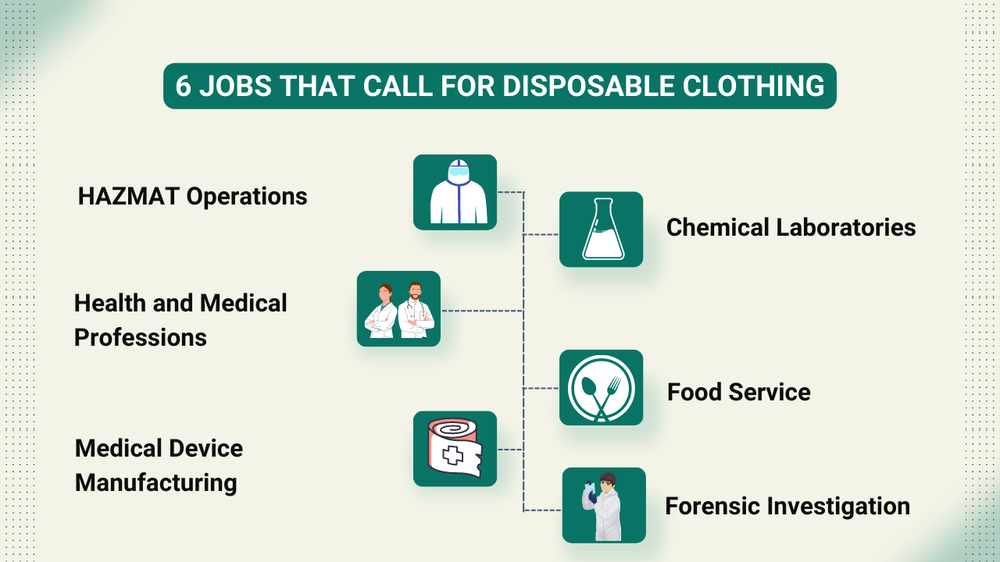
Disposable clothes play an essential role in various industries today, but their widespread usage has serious implications for the environment. Consequently, industries and consumers should reduce their dependence on disposable clothes by exploring alternatives such as reusable clothing items and investing in environmentally sustainable solutions. While not every situation allows for the usage of reusable alternatives, reducing the use of disposable clothes can work towards a better, reinvigorated, and ecologically conscious world.

